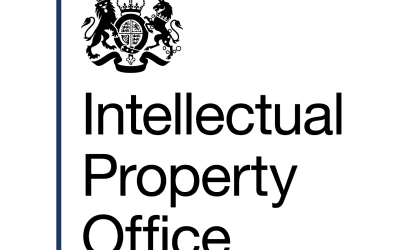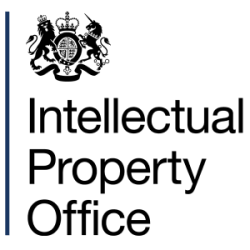Antitrust law and patent law can at times appear in conflict. The principal goals of the antitrust laws are to enhance competition and prevent exclusionary conduct. Patents, on the other hand, provide a right to exclude others, including competitors, from the marketplace. But in fact, the exclusivity inherent in patents is intended to incentivize investment in competition-enhancing innovation, which furthers the goals of antitrust law. As a result, courts have recognized that antitrust should not interfere with the legitimate exercise of patent rights despite potential exclusionary effects. When enforcing patents, exclusionary effects are sometimes the point.
But the line between the lawful exclusion inherent in the exercise of patent rights and exclusionary conduct that is a proper target of antitrust enforcement has shifted over time. Some suggest that the Supreme Court erased it altogether in FTC v. Actavis, 570 US 136 (2013), a case involving an alleged “reverse payment” patent settlement. Proponents of this view argue that Actavis requires a fact-specific application of antitrust principles when determining whether conduct is a legitimate exercise of patent rights. That is, what is within the scope of a patentholder’s rights is not only a patent law question. Others have pushed back, arguing that Actavis is limited to specific conduct — “reverse payment” patent settlement – and did not change the principle that conduct authorized by patent law cannot violate the antitrust laws.
In the first appellate decision to consider this issue, the D.C. Circuit recently sided with the more limited view of Actavis in FTC v. Endo Pharmaceuticals Inc., et al. The case involved a novel FTC challenge to a patent license in which Endo granted Impax Laboratories a license to certain Endo patents covering oxymorphone hydrochloride in return for a royalty. The royalty, however, expired upon the launch of a competing oxymorphone product, including by Endo. The FTC claimed that this royalty structure disincentivized Endo from launching a competing product and amounted to an anticompetitive non-compete agreement between two potential competitors.
Defendants moved to dismiss, arguing that even accepting the FTC’s interpretation, the royalty provisions created, at most, an exclusive license. As a result, they argued, the FTC failed to state a claim because conduct explicitly authorized by the Patent Act, like an exclusive license, is not subject to antitrust enforcement. In response, among other things, the FTC argued that, after Actavis, the question of whether conduct is authorized under the Patent Act cannot be answered without applying antitrust principles to the circumstances at issue, and fact-sensitive inquiry.
The D.C. Circuit disagreed, affirming Judge Lamberth’s dismissal of the FTC’s case. The appellate court explained that the challenged agreement was, at most, an exclusive license expressly authorized by the Patent Act and, as such, could not violate the antitrust laws. According to the court, the FTC failed to allege that the challenged agreement created anticompetitive effects beyond those authorized by settled patent law. The court explained that the FTC is free to challenge the terms of a license agreement in the future, provided that it can explain how any anticompetitive harms alleged “exceed what the Patent Act and settled precedent permit.”
Nothing in Actavis, the court noted, disturbed the long-standing principle that a single patentee may set conditions in granting a single licensee the right to use its valid patents. And the court explained that the Patent Act explicitly authorized the grant of exclusive licenses. The court further observed that, in Actavis, the Supreme Court acknowledged that the grant of an exclusive license to a competitor in return for a royalty raised no antitrust concerns.
The impact of the D.C. Circuit’s decision is substantial and not limited to the licensing of pharmaceutical patents. To the contrary, the holding applies to the exercise of patent rights in any industry. This result is particularly significant in an antitrust enforcement environment that has become increasingly hostile to patent rights. Patentees can take some comfort knowing that there is now appellate precedent limiting Actavis and confirming the boundary between the legitimate exercise of patent rights and antitrust enforcement.
You may also like…
Nokia v. Mala Technologies: the UPC interprets its relationship with national courts
Brussels recast The Brussels I Regulation has been in force, under various names, since 1973 and defines general rules...
UK IPO celebrates first filing in new digital service
The UK Intellectual Property Office (IPO) marks a ‘game-changing moment’ as the first patent is filed in the new ‘One...
World’s largest wireless telecommunications operator China Mobile joins Open Invention Network
Chinese companies have become increasingly sophisticated regarding patents. According to the country’s top...
Contact us to write for out Newsletter
















